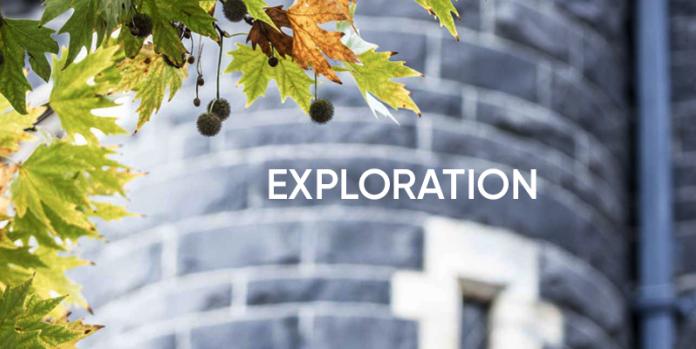Predictions do not have to be correct to be scientifically valuable explains Amanda Masters, Head of Science at Grimwade House
Experimental confirmation of a prediction is merely a measurement. An experiment disproving a prediction is a discovery. – Enrico Fermi (Italian Physicist)
During their study of ‘The Senses’, students in Prep are introduced to the skill of making predictions scientifically.
A prediction, the Preps learn, is a scientific guess. It doesn’t matter if the prediction is wrong, because that is why we do experiments in Science – to find out whether we are correct or not.
Today the Prep students are studying the sense of smell. We begin with a discussion of smells we like such as cakes baking in the oven, flowers, and soap. Excitement builds as we list the smells don’t like such as rubbish, poo, and farts.
The students then turn their attention to an array of opaque plastic containers with holes in their lids. Each container has an item inside that emits an odour. Some of the odours are pleasant and some are not. Obviously none of the items are dangerous, but the prospect of unknown substances in the Science room sends imaginations wild. The students take hesitant sniffs of each container and try to work out what is within.
Each student has a worksheet where they illustrate their predictions. The items are common things that students should recognise and it is always interesting to see their interpretations of the smells.
The minty toothpaste smell is very familiar. The most common predictions are mint leaves, chewing gum and peppermint slice.
The pepper container always brings groans and dramatic reactions. Students say they don’t like this smell or that it makes their nose itchy. Some practice their stage sneezes. Salt is a common guess.
Rosemary is often mistaken for lavender or roast lamb.
With predictions recorded, we open each container to reveal the contents. Students who correctly predicted the contents receive congratulations for being right, and students whose predictions are incorrect receive equal congratulations for ‘having a go’. We emphasise that predictions do not have to be correct to be scientifically valuable.
This can be a difficult concept to grasp for students at any level and Preps are no exception. More often than not, children are rewarded for correct actions, behaviours or words. Some students come to school with the desperate need to please adults and be correct all the time. They find the idea that correct and incorrect predictions in Science are equally important counterintuitive. The correct attitude to predictions is a scientific skill best established early.
We conclude the activity with a discussion of how the sense of smell can be useful. As people and as scientists, smell is our best predicative sense. The smell of cooking tells us that dinner is nearly ready, the smell of smoke warns us of danger, and the smell of a science classroom tells us it’s time to make predictions.
Amanda Masters Head of Science at Grimwade House
Related topics
